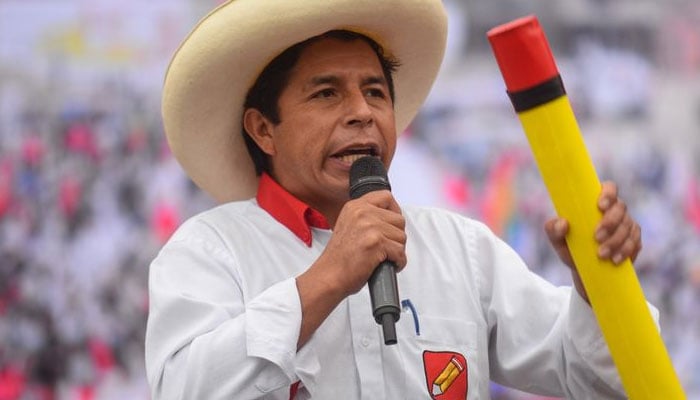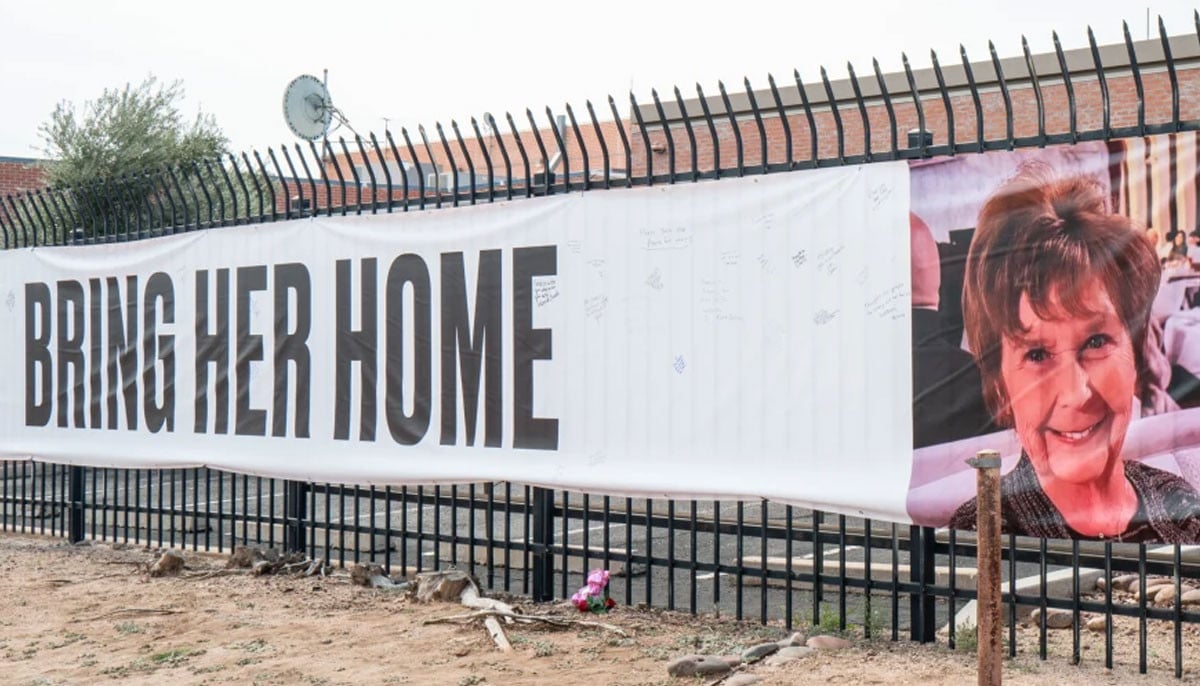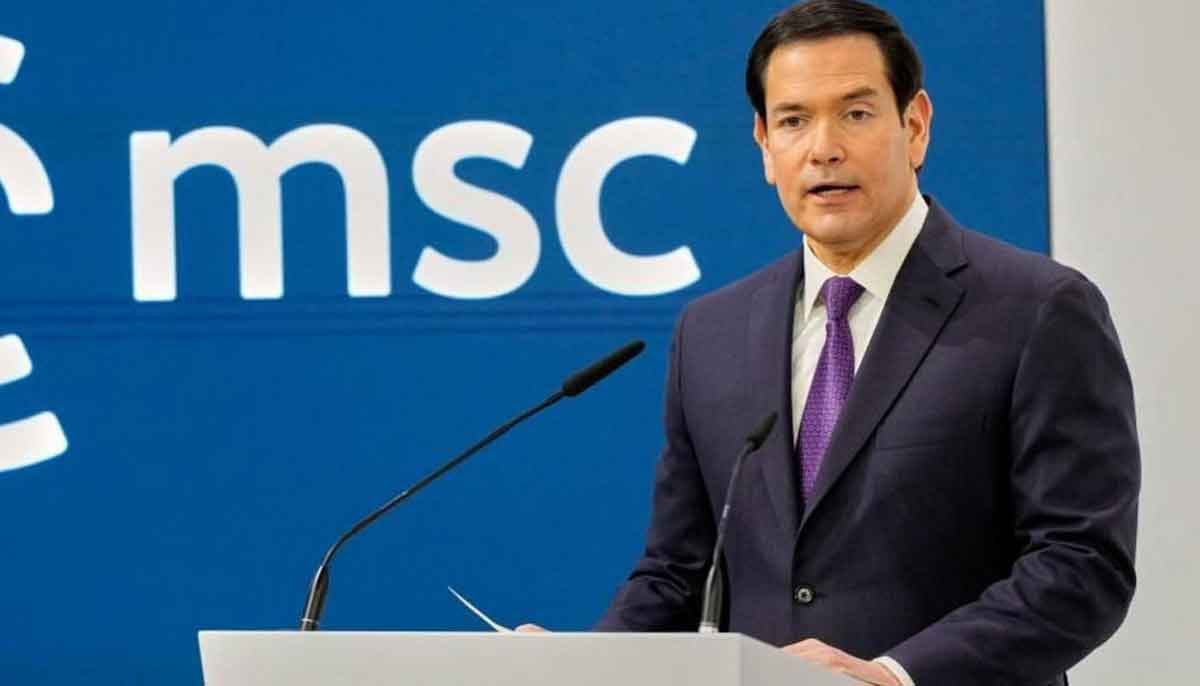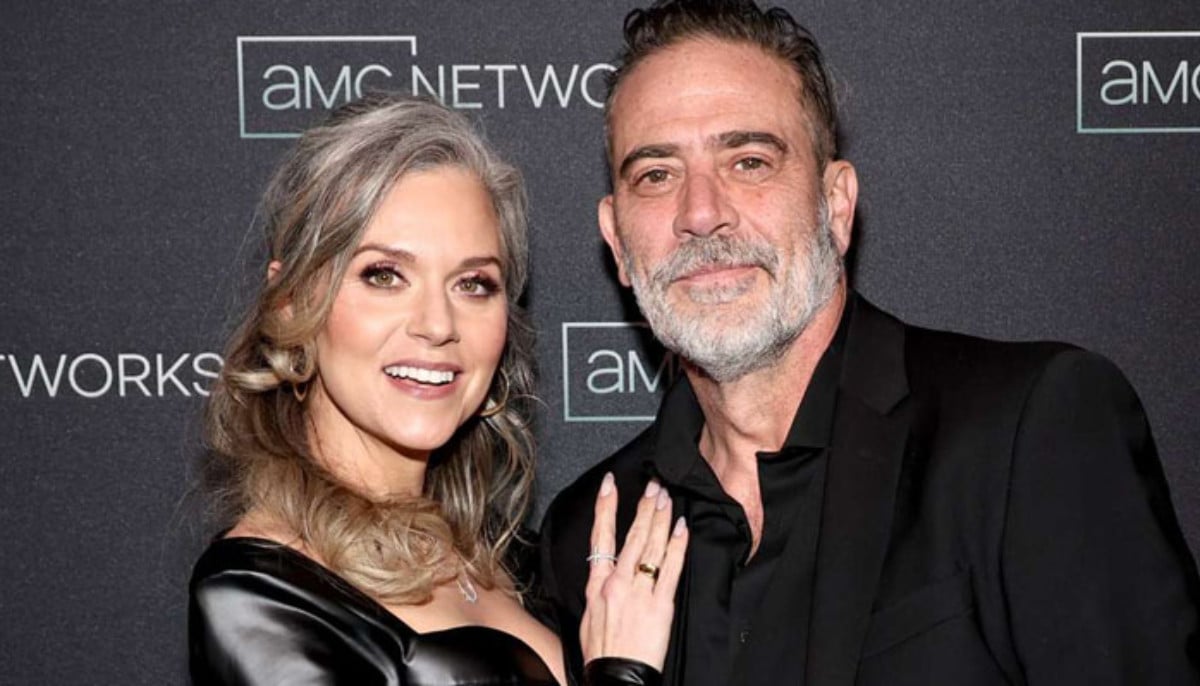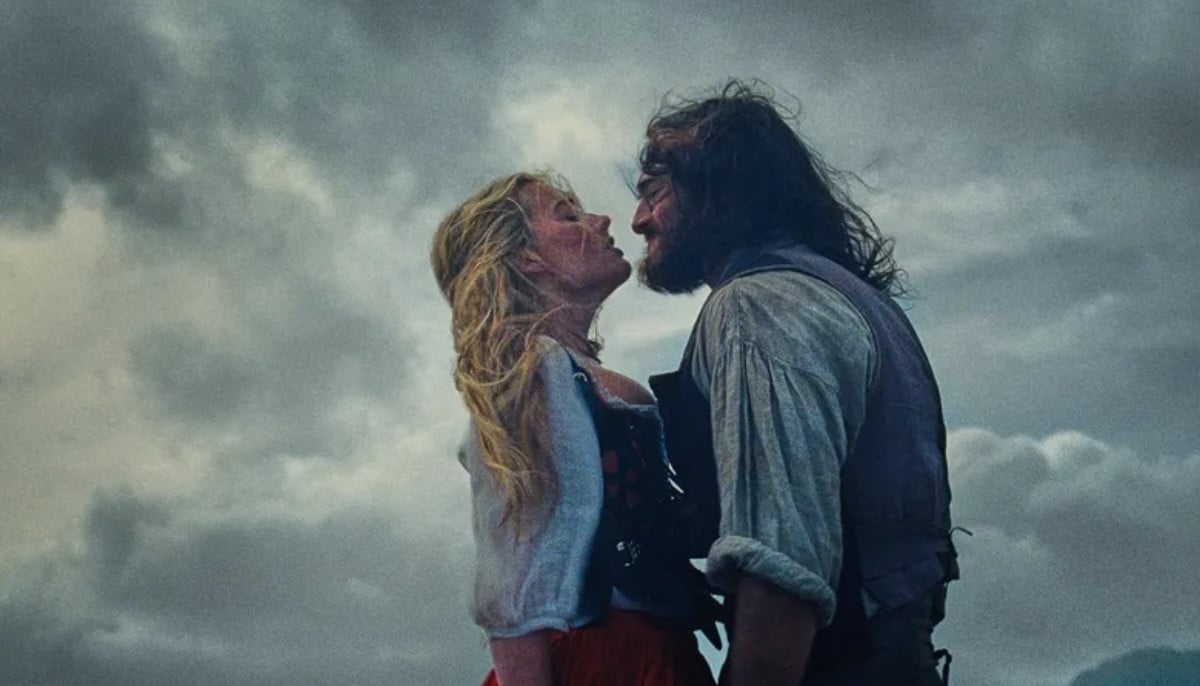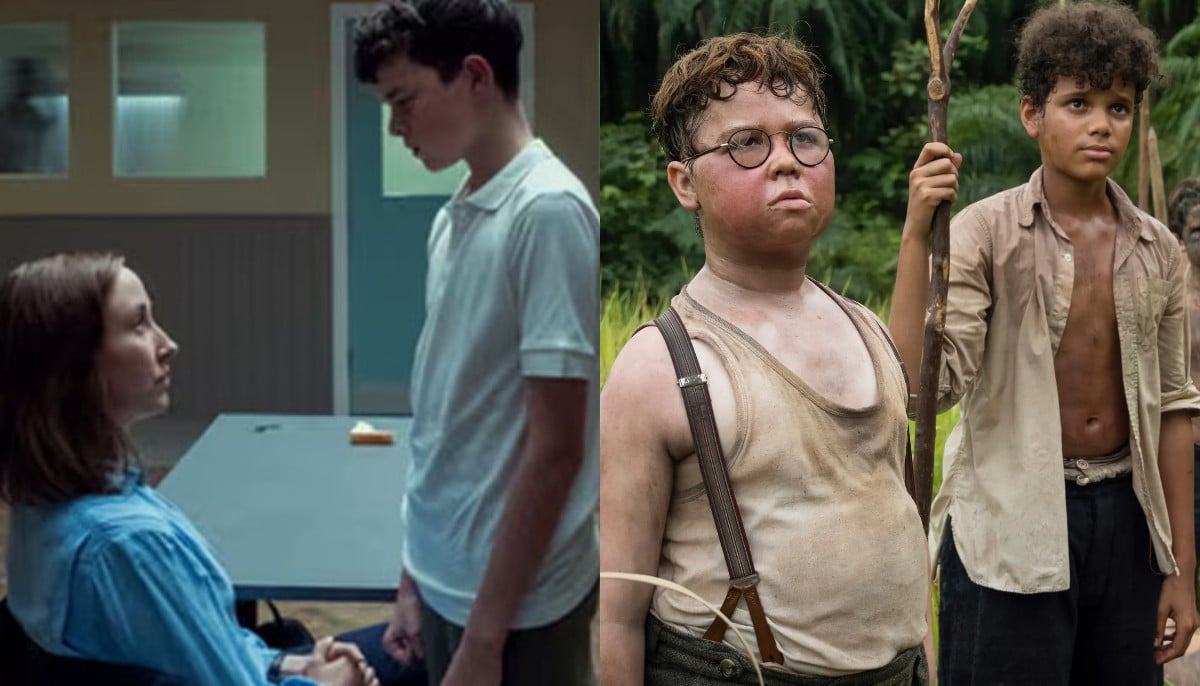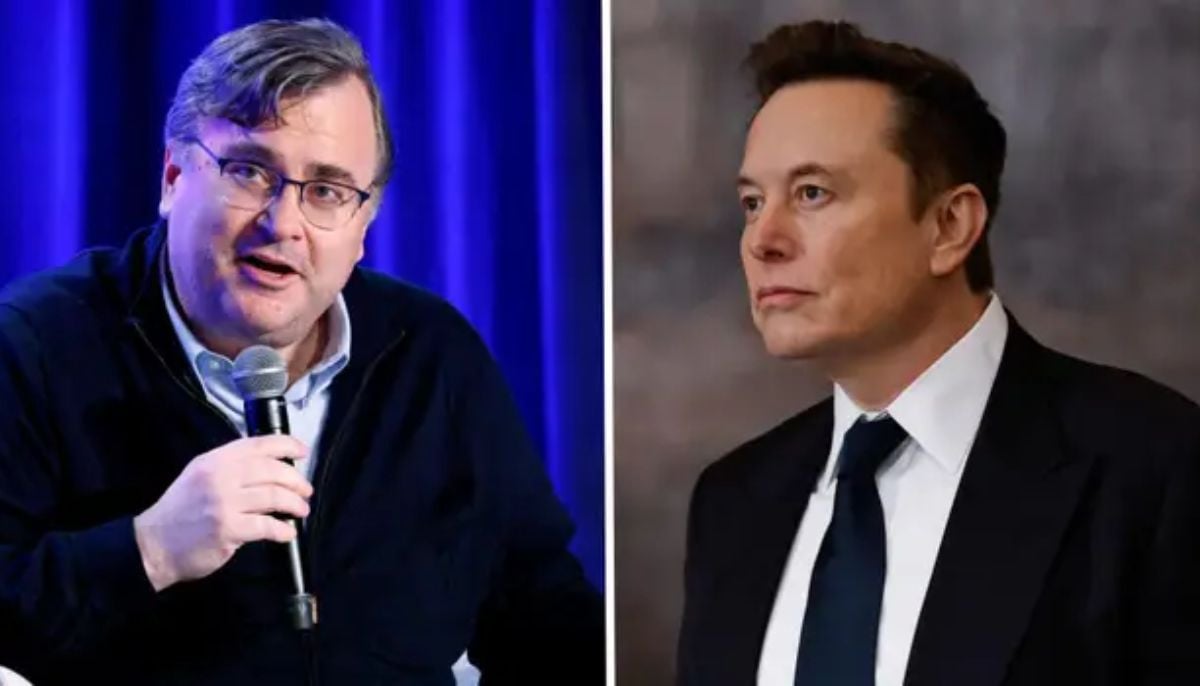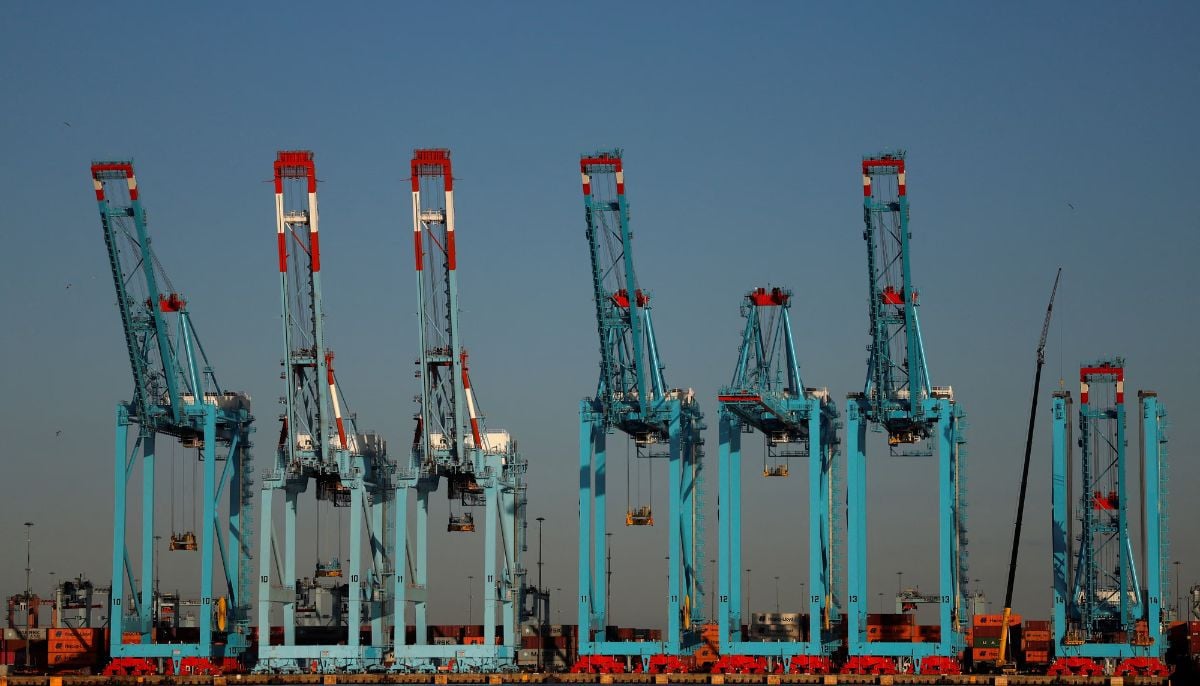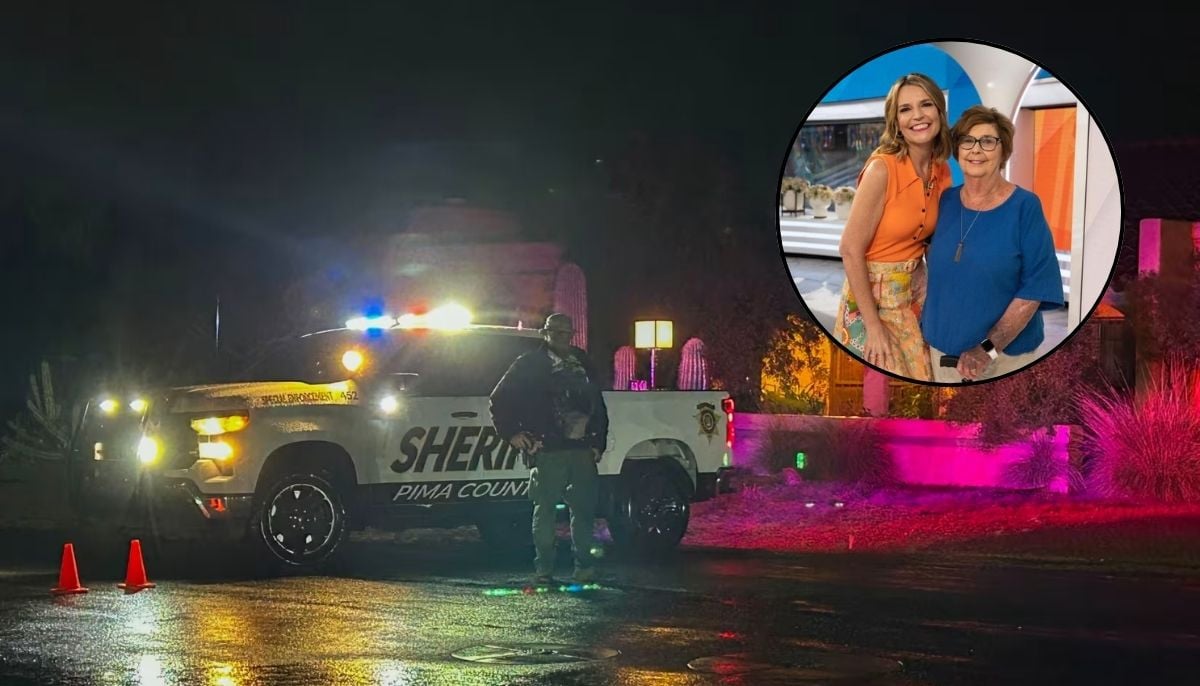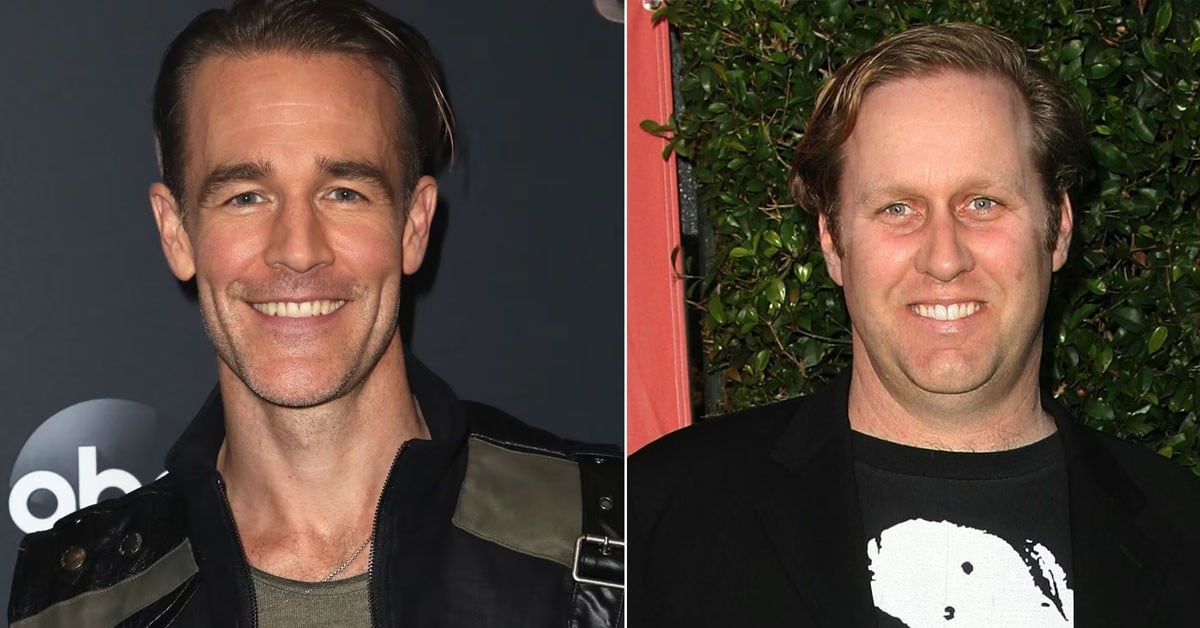Poor village school teacher Pedro Castillo becomes Peru's president
Pedro Castillo was born to peasants in the tiny village of Puna in the historic Cajamarca region, where he worked as a teacher for 24 years
LIMA: Rural school teacher Pedro Castillo on Wednesday became Peru's first president with no ties to the elites that have governed the Andean country for decades.
The 51-year-old far-left trade unionist was largely unknown until he led a national strike four years ago that forced the then-government to agree to pay rise demands.
He was born to peasants in the tiny village of Puna in the historic Cajamarca region, where he worked as a teacher for 24 years.
He grew up helping his parents with farm work, and as a child, had to walk several miles to school.
"This is the first time that this country will be governed by a peasant, someone who belongs to the oppressed classes," he said on the day of his investiture, for which he donned the trademark white sombrero of his beloved Cajamarca, and a black, Andean suit.
For less formal occasions, Castillo likes to don a poncho and shoes made of recycled tires.
He traveled on horseback for much of his presidential campaign, as he vocalized the frustration of struggling Peruvians and cast himself as a man of the people.
"No more poor people in a rich country," he said, as he campaigned for the Peru Libre (Free Peru) party.
He has said he would renounce his presidential salary and continue living on his teacher earnings, and described himself as "a man of work, a man of faith, a man of hope."
Castillo, according to analyst Hugo Otero, is "the first poor president of Peru."
- Surprise victory -
In April, Castillo surprised many by taking the lead in the race to become Peru's fifth president in three years, edging out 17 other candidates.
He then faced off against right-wing candidate Keiko Fujimori in the run-off, promising radical change to improve the lot of Peruvians contending with a recession worsened by the coronavirus pandemic, rising unemployment and poverty.
One thing unlikely to change under a Castillo presidency is the Peruvian state's socially conservative character: he is Catholic and vehemently opposed to gay marriage, elective abortion and euthanasia.
He frequently quotes from the Bible to drive home his points, and at his two-story brick home in the hamlet of Chugur in Cajamarca hangs a picture of Jesus surrounded by sheep and a caption, in English, that reads "Jehovah is my shepherd."
- Respect for private property -
Castillo has a goal of creating a million jobs in a year and initially vowed Peru's mining and hydrocarbon riches "must be nationalized," though he has softened his message since then.
He has promised public investment to reactivate the economy through infrastructure projects, public procurement from small businesses and to "curb imports that affect the national industry and peasantry."
Among his more controversial campaign promises, Castillo has vowed to expel illegal foreigners who commit crimes in Peru, giving them "72 hours... to leave the country."
The comment was perceived as a warning to undocumented Venezuelan migrants who have arrived in their hundreds of thousands since 2017.
Free Peru is one of few left-wing Peruvian parties to defend the regime of Venezuelan President Nicolas Maduro, whose 2018 re-election is not recognized by dozens of countries.
To combat crime, Castillo has proposed withdrawing Peru from the American Convention on Human Rights, or the San Jose pact, to allow it to re-introduce the death penalty.
As he swore his presidential oath on Wednesday, Castillo came back to one of his campaign promises in particular, vowing "a new constitution" to replace the free-market-friendly law left over from ex-president Alberto Fujimori, serving jail time for corruption and crimes against humanity.
He also promised "a country without corruption."
- A 'humble man' -
Castillo burst onto the national scene four years ago when he led thousands of teachers on a near 80-day strike to demand a pay rise.
It left 3.5 million public school pupils without classes to attend, and compelled then-president Pedro Pablo Kuczynski, who initially refused to negotiate, to relent.
In a bid to delegitimize the protest, then-interior minister Carlos Basombrio claimed its leaders were linked to Movadef, the political wing of the defeated Shining Path Maoist guerrilla group dubbed a "terrorist" organization by Lima.
Castillo, who had participated in armed "peasant patrols," or ronderos, that resisted Shining Path incursions at the height of Peru's internal conflict from 1980 to 2000, vehemently rejected these allegations.
Today, his home is guarded by ronderos brandishing canes and leather whips, and he made a special mention of them in his oath.
Near his house, Castillo has a one-hectare farm where he grows corn and sweet potatoes and raises chickens and cows.
Meeting his predecessor, interim President Francisco Sagasti, at the government palace last week, he jokingly asked where he would fit all his farm animals.
Castillo said Wednesday he would not run the country from the official presidential residence, Pizarro Palace, which he suggested should be turned into a museum.
"I believe we have to break with the colonial symbols," he said in explanation, adding he would return to his schoolteacher's job at the end of his term in 2026.
-
Hilarie Burton reveals Valentine's Day plans with Jeffrey Dean Morgan
-
Jacob Elordi, Margot Robbie on 'devastating' scene in 'Wuthering Heights'
-
China to implement zero tariffs on African imports in major trade shift
-
Jack Thorne explains hidden similarities between 'Lord of the Flies' and 'Adolescence'
-
Elon Musk vs Reid Hoffman: Epstein files fuel public spat between tech billionaires
-
New Zealand flood crisis: State of emergency declared as North Island braces for more storms
-
Nancy Guthrie case: Mystery deepens as unknown DNA found at property
-
James Van Der Beek's final conversation with director Roger Avary laid bare: 'We cried'
